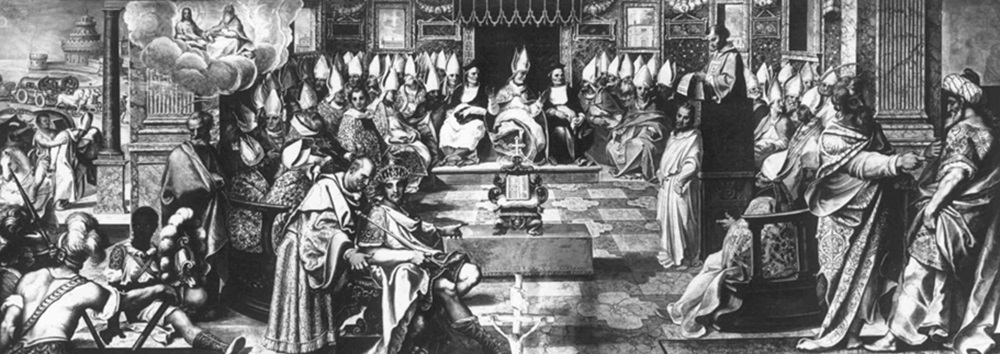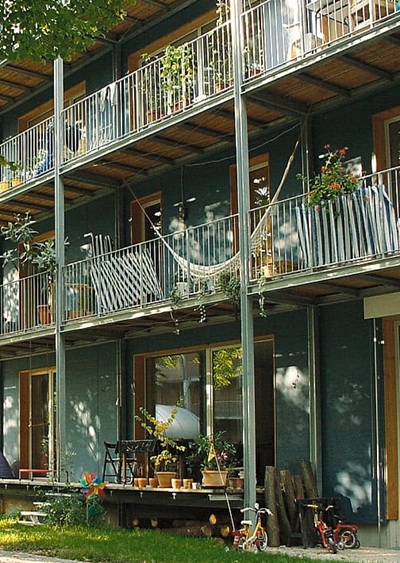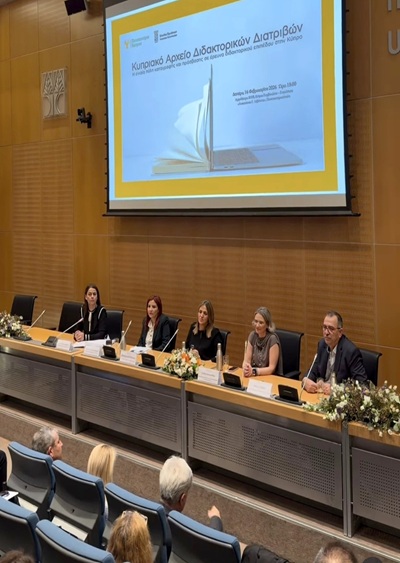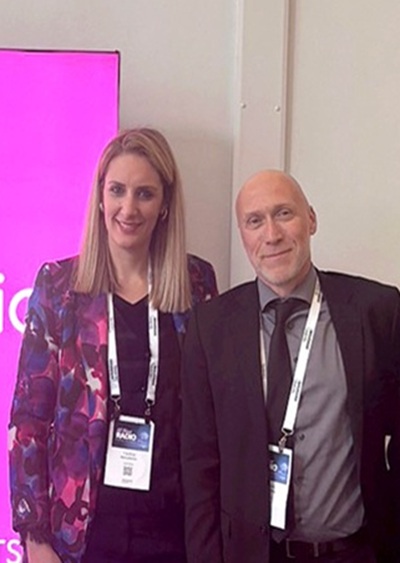
An online Theological Scientific Conference is to be held on the topic of the 1700 years since the First Council of Nicea (325 AD) and its importance in ecclesiastical history, as well as the role it can play in our days. The aim of the conference is to highlight the First Council in the common course of Christianity, while at the same time providing an opportunity for a contemporary reading of the events, its teaching and the role it may play today.
The conference is co-organized by different ecclesiastical institutions such as the Orthodox Academy Crete, CEMES, SOPHIA University, the Haute École de Théologie en Suisse Protestante (HET – PRO) and CENTRO UNO and will take place online on 8 February 2024 (14:30-17:30 local time). Translation will be available in French, Italian, German and Arabic.
The event will be addressed by His Most Divine All Holiness Ecumenical Patriarch Bartholomew I, Cardinal Kurt Koch, Jerry Pillay, Secretary General of the World Council of Churches, Thomas Schirrmacher, Secretary General of the World Evangelical Alliance, while interventions will be made by: Dimitrios Moschos, Professor at the Theological School of Athens (A single prayer-house divinely enlarged), Mervat Kelli, Professor at the Eastern Pontifical Institute of Rome (The Council of Nicaea is a new Pentecost), Peter Miscik, Professor at the Pedagogical College of Eisenstadt, Austria (A legacy of Nicaea: a Church that gives itself to Humanity), Piero Coda, Professor at the University “Sophia” of Ecumenical Theology (A New Light upon Reality), Fr. Augustinos Bairachtaris, Professor of Doctrinal Theology (Understanding together the Nicene Creed), Dr. Konstantinos Zorbas, General Director of the OAC (Nicaea and the Challenges of the Church’s Global Mission Today) and Martin Hoegger, Professor at the Protestant Theological School of Switzerland (A Protestant perspective on Nicaea).
The first articles of the Nicene Creed of the First Council (325 A.D.), or the Creed of Faith, or simply “confession of faith” , is of great importance in the life of the Christian. 2025 is an opportunity for Christian churches to reflect on their journey through history, on the mistakes of the past as well as the present, as Ecumenical Patriarch Bartholomew notes, and to pursue a more decisive common path, drawing on the lessons of over a century of contemporary ecumenical experience, and offering a unique opportunity to strengthen our common spiritual heritage of the first millennium, where we find our common roots.







Leave A Comment